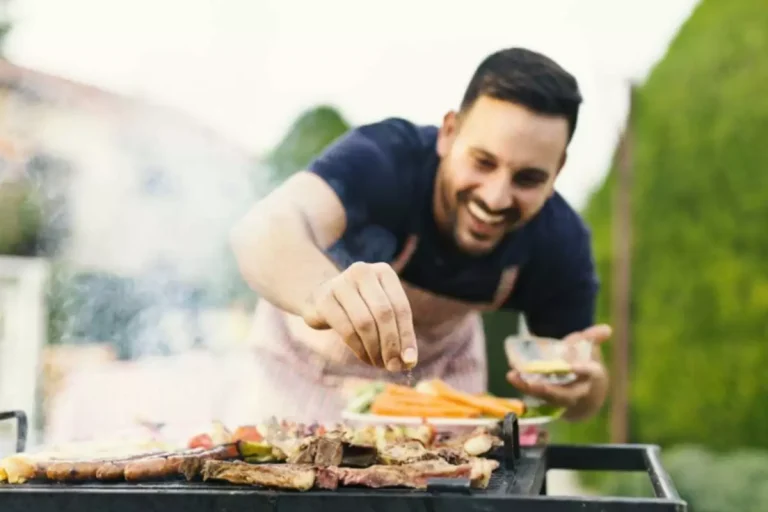
While individual therapy sessions focus on personal issues, group activities can provide invaluable insights into the perspectives of others. Up to 60% of people with substance use disorder relapse after treatment. This could include severed relationships, health issues, or financial issues. The 12 Steps guiding principles were created for alcohol addiction recovery, but they can be helpful with all forms of substance abuse therapy. The core idea behind the 12 Steps is the acceptance of powerlessness in order to embrace support from something bigger than ourselves. Additional types of substance abuse group therapy include specialized groups, relapse prevention treatment, communal and cultural groups, and expressive groups.
What Is Group Therapy?
These skills reduce financial and employment-related stressors by preparing you for responsible and sober living. Listening to others’ stories of how they overcame obstacles can be deeply inspiring and motivating. Seeing your peers succeed boosts your own confidence and encourages you to keep moving forward in your journey to lasting sobriety. Instead of viewing it as a failure, it should be seen as a signal that additional support or adjustments to the treatment approach are needed. Relapse does not indicate a lack of effort or dedication; rather, it underscores addiction’s chronic and challenging nature. You, nor your loved one, are under any obligation to commit to a Legacy Healing Center treatment program when calling the helpline.
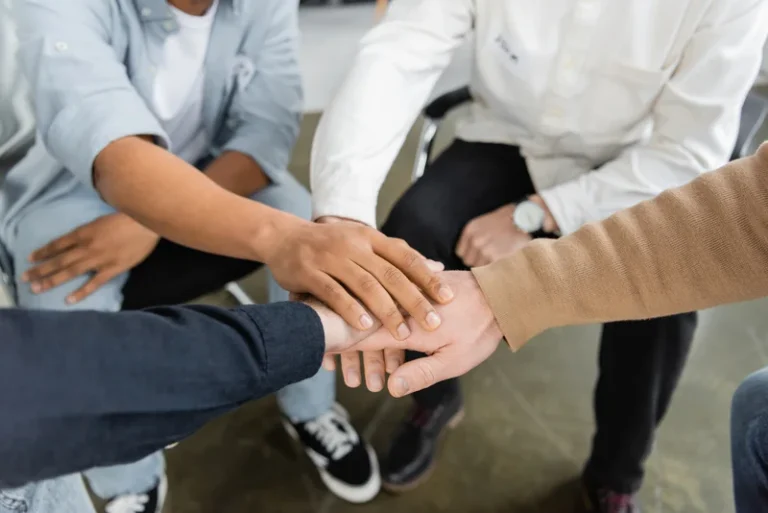
Mental Health Handouts
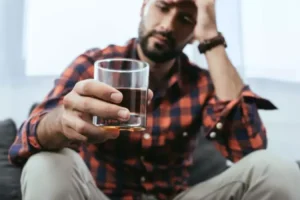
By simulating scenarios involving peer pressure or social settings, participants can practice assertively declining offers of drugs or alcohol. These activities build confidence, enhance communication substance abuse group activities skills, and empower individuals to prioritize their recovery goals. Understanding the far-reaching effects of substance abuse is essential for individuals in recovery and their loved ones.
The Role of Facilitators and Peer Leaders
- Substance abuse group activities focused on the positive aspects of a substance-free life highlight the physical, mental, and emotional benefits of remaining sober.
- Question balls are a resource that group leaders may use to get topics of conversation going.
- Additional types of substance abuse group therapy include specialized groups, relapse prevention treatment, communal and cultural groups, and expressive groups.
- These substance abuse group activities often involve having each member share their name, a brief personal background, and their reasons for joining the group.
- Relapse prevention group therapy is a powerful tool that can support your journey to lasting sobriety by creating a strong sense of community and accountability.
Ask participants to share a high and low from their week to build trust without oversharing. At the end of the play, the protagonist confronts adverse responses to a problem and establishes productive ways to handle a crisis. It also resolves emotions and provides relief for participants within a safe and accepting circle. The ability to be self-aware of one’s actions and habits and practice self-regulation is one that strengthens over time.
- Armed with guided prompts, participants take turns sharing snippets of their journey.
- Group therapy can be used to explore and process a member’s triumphs, challenges, and relapses.
- In a substance abuse group, members can discuss their triggers along with coping skills they have found useful.
Marijuana Addiction Rehab: Effective Treatment Options and Recovery Strategies
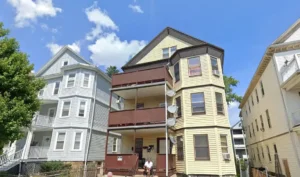
Ask your clients to close their eyes, breathe deeply, and try to clear their minds. Doing this longer than ten minutes may make your clients feel uncomfortable. Conflicts can arise in all types of group settings, whether due to differing opinions or personal disagreements. It’s important for group facilitators to address conflicts promptly by encouraging open and respectful communication.
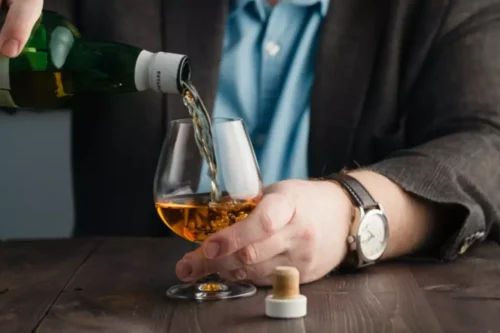
The group members shared practical advice and personal insights that Jack could relate to, which made the support feel genuine and actionable. Vision board sessions are effective relapse prevention group activities because they help you articulate your goals and plans. This type of visualization helps you envision a healthy, alcohol https://ecosoberhouse.com/ or drug-free future and keeps you motivated to stay sober. The physical exercise involved in these activities boosts mood and helps to manage anxiety and depression, which can be triggers for alcohol or drug use. Fun group activities, hobbies, and mindfulness practices can replace negative behaviors with constructive ones.
Wrapping It Up: The Power of Play in Recovery



 – 782
– 782
Comentários